- < Experiment 31
-
Experiment 32 v2
- Experiment 33 >
Creating and playing a maths fishing game

Can you design and create your own maths fishing game?
Purpose
This experiment gives children an opportunity to have fun playing a fishing game while solving a variety of maths problems.
The child will learn how to construct the game and will be able to practice solving maths questions.
You need to know
- how to work safely with scissors and hooks
You will need
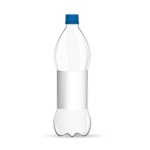
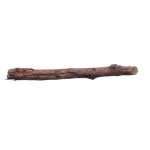
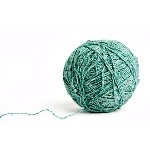
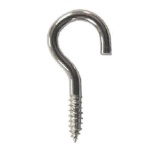

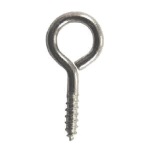

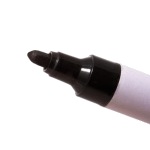


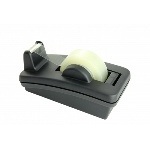

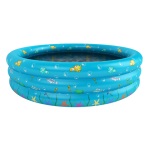
Steps
- Gather all the necessary materials.
- Create your fishes using empty plastic bottles. Use your permanent markers to draw eyes, fins, and tails on the bottles. Attach an eye hook (or a washer) on one end of each bottle to serve as the fish's mouth.
- Create your fishing rods using sticks and string. Attach J-hooks (or magnets) as your fishing hooks.
- Use the marker pen to write a different number on each fish. These numbers will be the answers to your maths questions.
- On your piece of paper write down some maths questions. Each question should have an answer that's drawn on a fish.
- Place your fishes into a large tub of water or a paddling pool.
- Invite your friends and family to play the game.
-
Ask an adult to read the questions while you and the others play the game.
Race the other players to catch the fish with the number that answers the question.
- When all the fish are caught, create another set of maths problems. Ask the other contestants to help to make your questions more challenging.
- Play the game again with the new set of questions.
Keep safe!
Be very careful not to tread on anything sharp, especially if you're playing in bare feet.
Questions
- What types of maths problems are easy for you to answer? What types are you having hard time answering?
Expected answers
-
This will vary from child to child, but it's important to think about any areas of weakness.
It would be good to create new sets of questions that focus on any problem areas.
Explore further (optional)
How could you make the game more challenging?
Tips for further exploration
One way to make the game more challenging would be by reversing the mechanics: write the answers on paper and the maths problems on the bottles.



